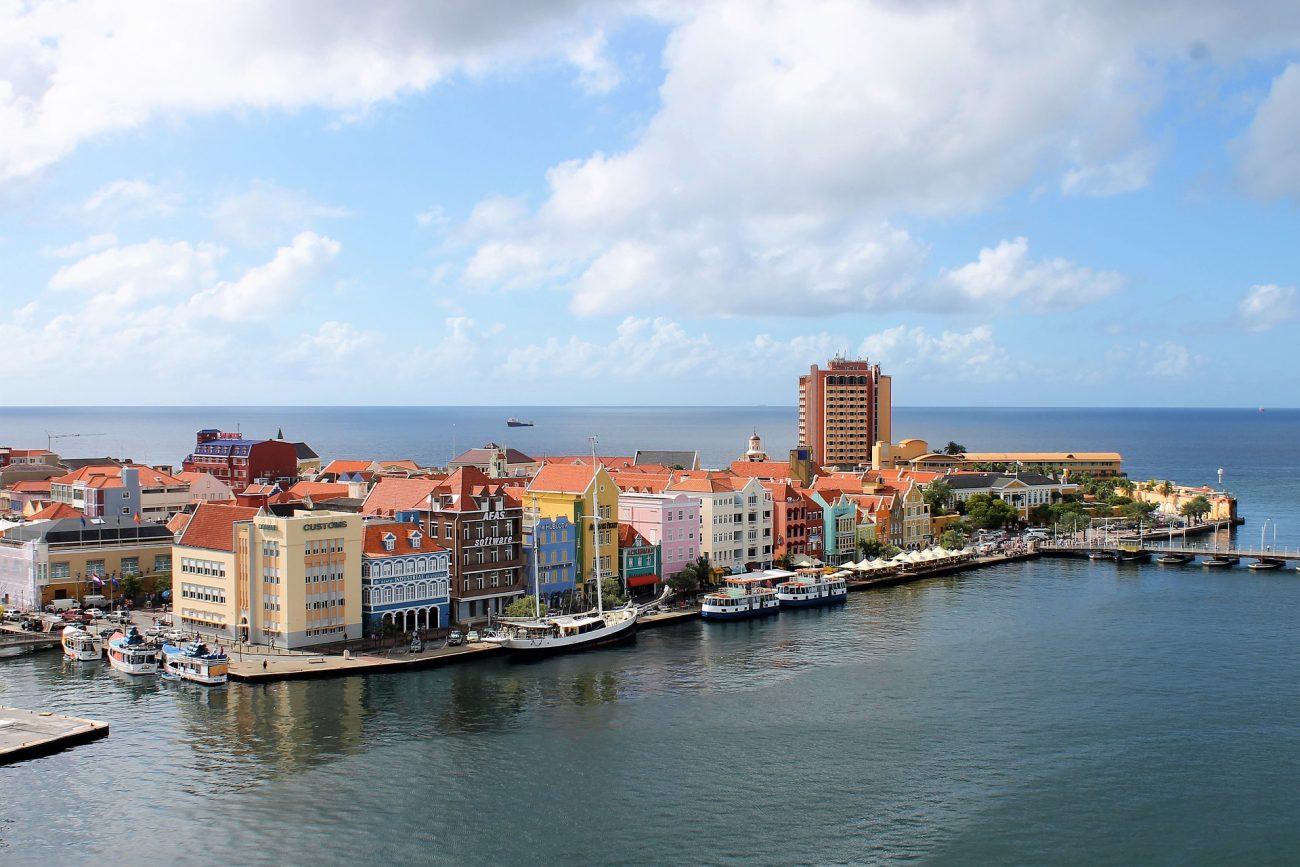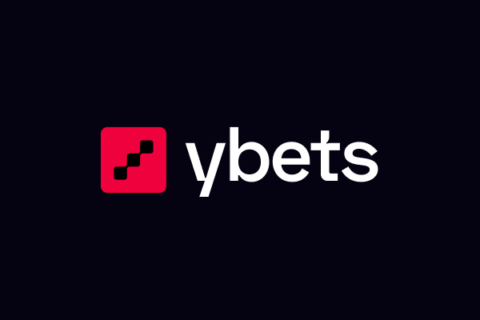Curaçao Gaming Regulator Responds to Corruption Allegations Amid Reforms

The Curaçao Gaming Control Board (GCB) has issued a statement addressing allegations of corruption in its licensing process. These accusations were brought by Luigi Faneyte, an opposition politician from the Real Alternative Party. Faneyte recently filed a report with the attorney general’s office, claiming that some gambling licenses were issued without proper legal authorization, leading to financial losses.
Faneyte’s allegations also implicated Curaçao’s finance minister, Javier Silvania, in corrupt practices. In response, the GCB clarified that it has exclusive authority over all aspects of licensing, a responsibility it has held since December 2019 under a mandate from the Ministry of Finance. The board emphasized that licensing decisions are made independently by its team, with extensive checks to ensure compliance.
The GCB highlighted the rigorous due diligence process required for license applicants. This includes thorough reviews of business plans, sanction screenings, and initial evaluations of applicants’ websites. All licensing fees are paid directly into a government-controlled bank account, eliminating the possibility of mismanagement or embezzlement. The GCB firmly denied claims that money laundering or other financial irregularities occur within its processes.
The controversy comes amid ongoing reforms to Curaçao’s gaming regulations. A new framework, the National Ordinance for Games of Chance (LOK), was introduced in July 2022 to modernize the licensing system. Although initially set for completion by the end of 2023, delays arose due to a surge in licensing applications. Under this new system, all operators licensed before September 2023 must reapply to ensure compliance with updated standards.
The GCB also addressed concerns stemming from the recent bankruptcy of BC Game, a Curaçao-licensed operator. The company failed to resolve numerous player complaints, prompting criticism of the regulator’s oversight.
The GCB clarified that handling player grievances falls under the responsibility of individual operators. However, the new LOK framework will make Alternative Dispute Resolution (ADR) mandatory to provide independent evaluations of such disputes. Complaints from ADR processes will be incorporated into the GCB’s supervision strategy.
Separately, the GCB acknowledged that some Curaçao-licensed operators have faced penalties in Europe for unauthorized activities. One example includes BG Game, fined €840,000 (US$883,000) by Dutch authorities in October. The GCB stated it does not enforce foreign laws but bases its actions on formal decisions by relevant international authorities. Enforcement depends on the severity of violations and their impact.
The GCB reiterated its commitment to transparency and regulatory improvements while consulting stakeholders on further measures. Despite the allegations, the board remains focused on implementing the LOK reforms and addressing issues in the gaming industry.
- Other news categories:
- SlotsUp's news





